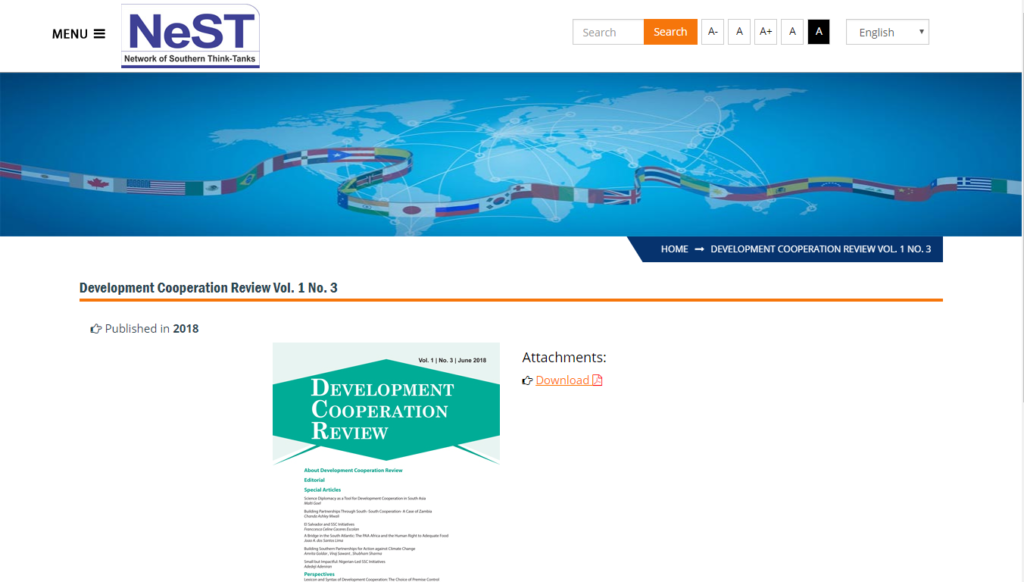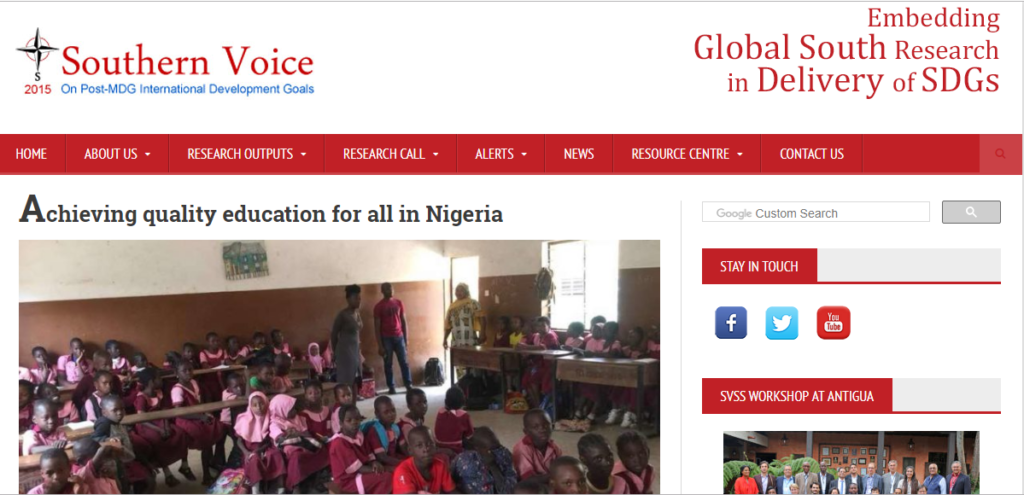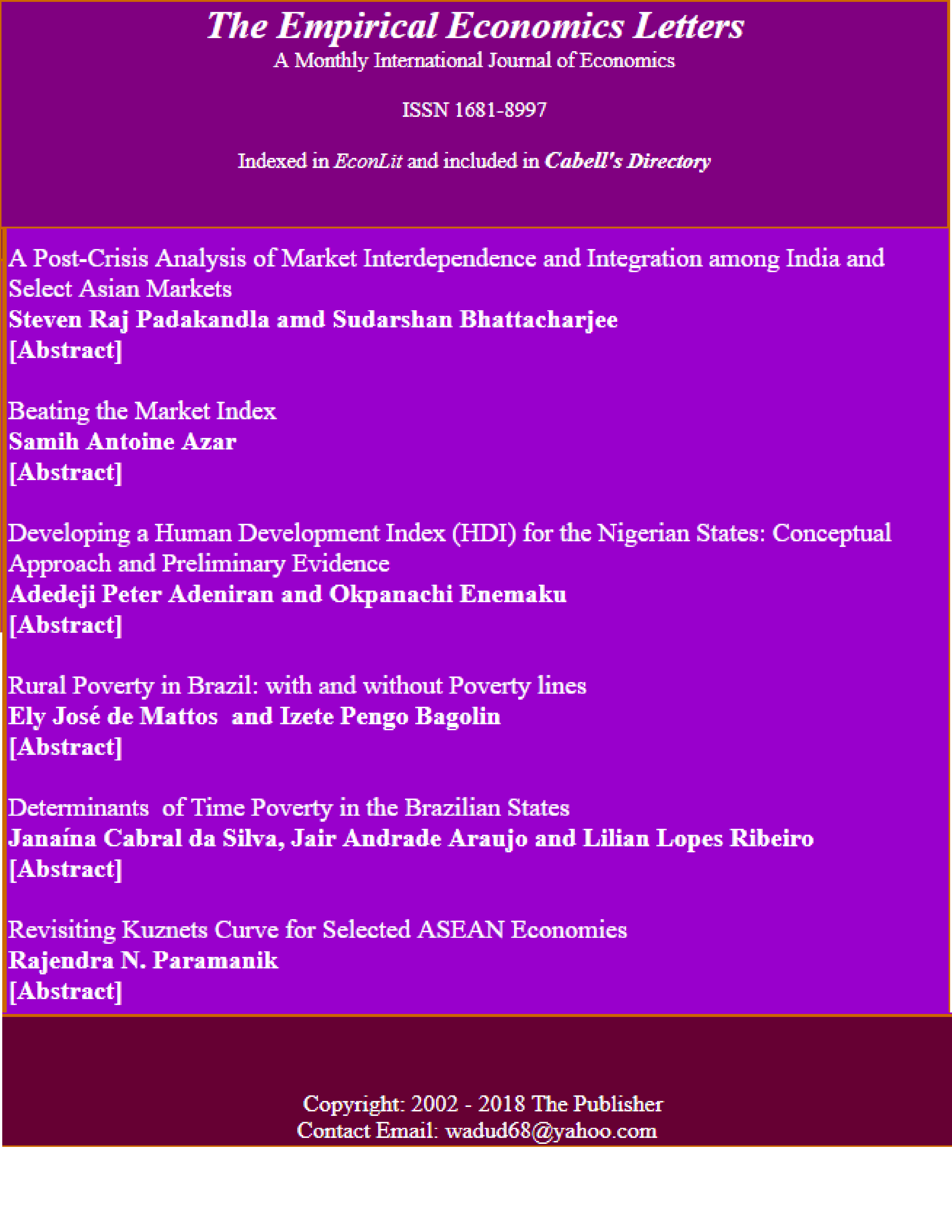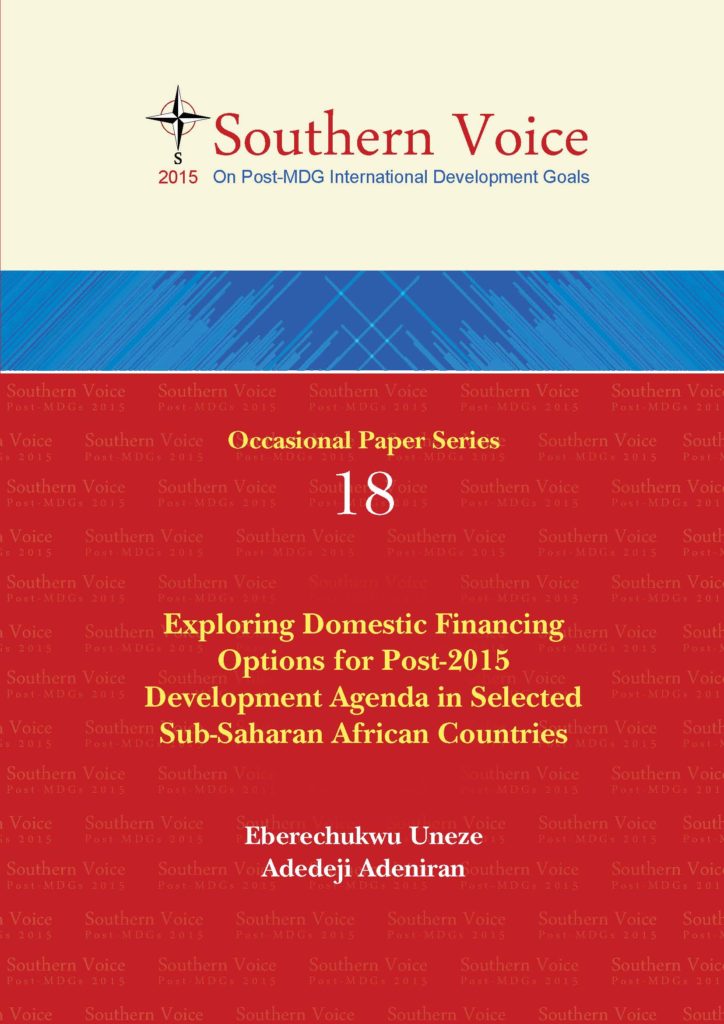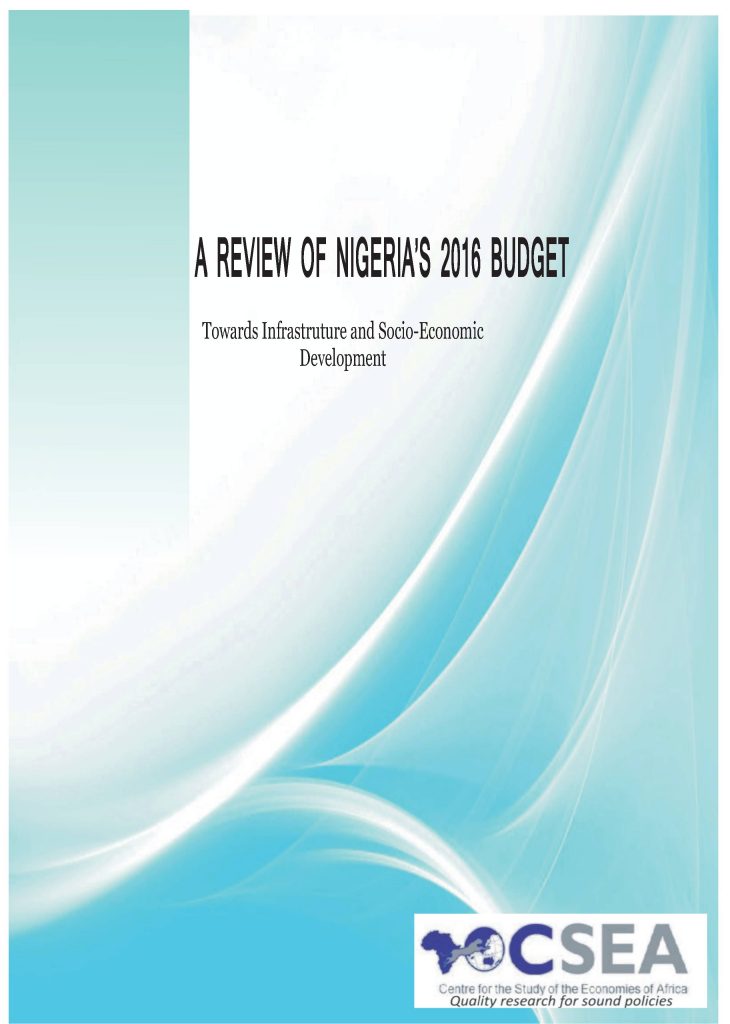Development Cooperation Review
Development Cooperation Review (DCR) aspires to capture holistic narrative around global development cooperation and fill an important knowledge gap towards theorisation, empirical verification and documentation of Southern-led development cooperation processes. Despite growing volumes of development partnerships around the Southern world, there remains an absence of detailed information, analyses and its contribution to global development processes. Even though there have been sporadic efforts in documenting some of the activities, a continuous effort in chronicling the diverse experiences in South-South Cooperation (SSC) is still absent. RIS has endeavoured to launch DCR, a monthly periodical, to fill this gap.
Read more
Read More


 English
English
 Arab
Arab
 Deutsch
Deutsch
 Português
Português
 China
China
